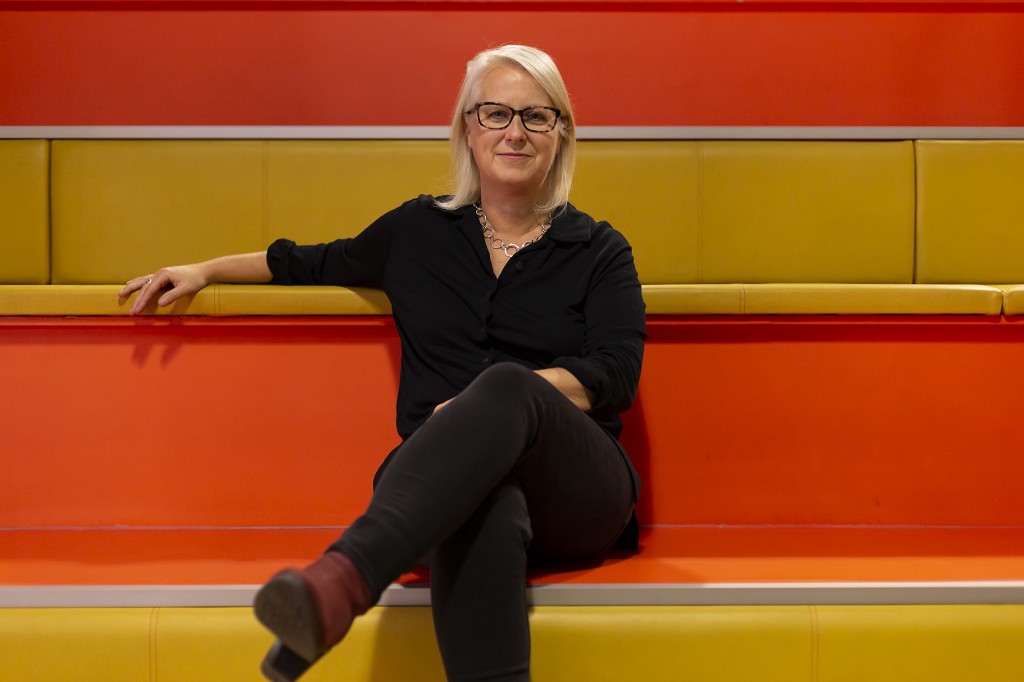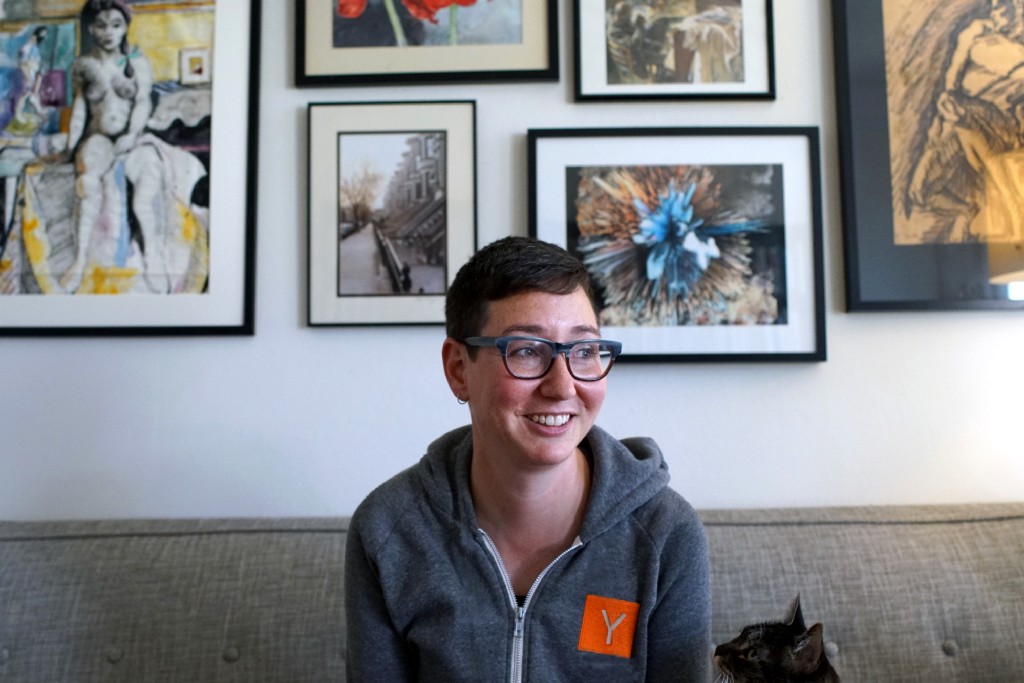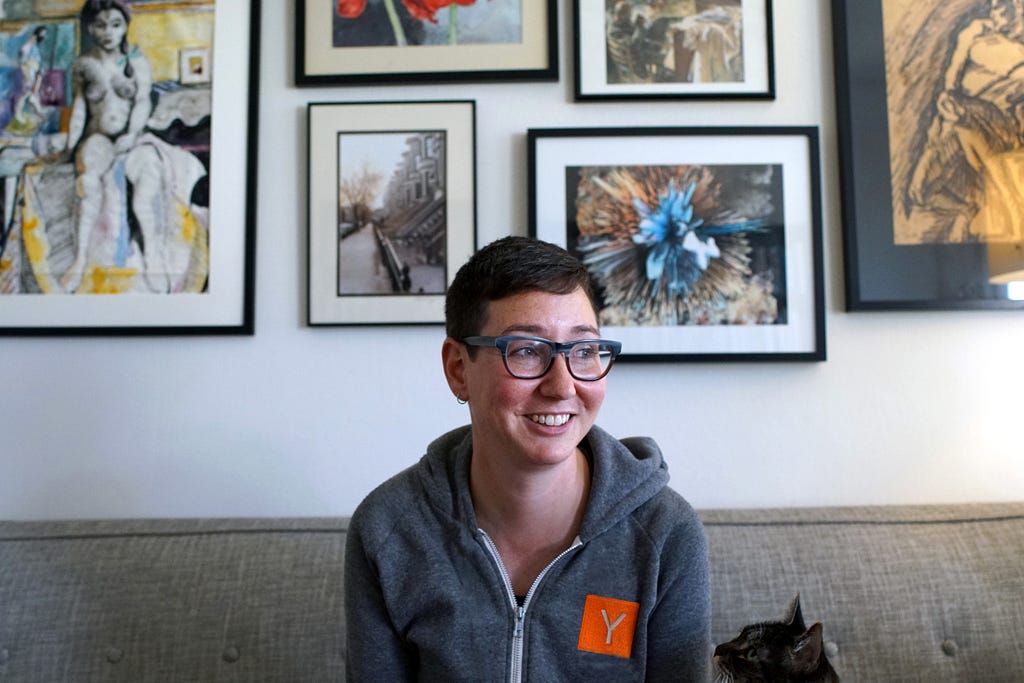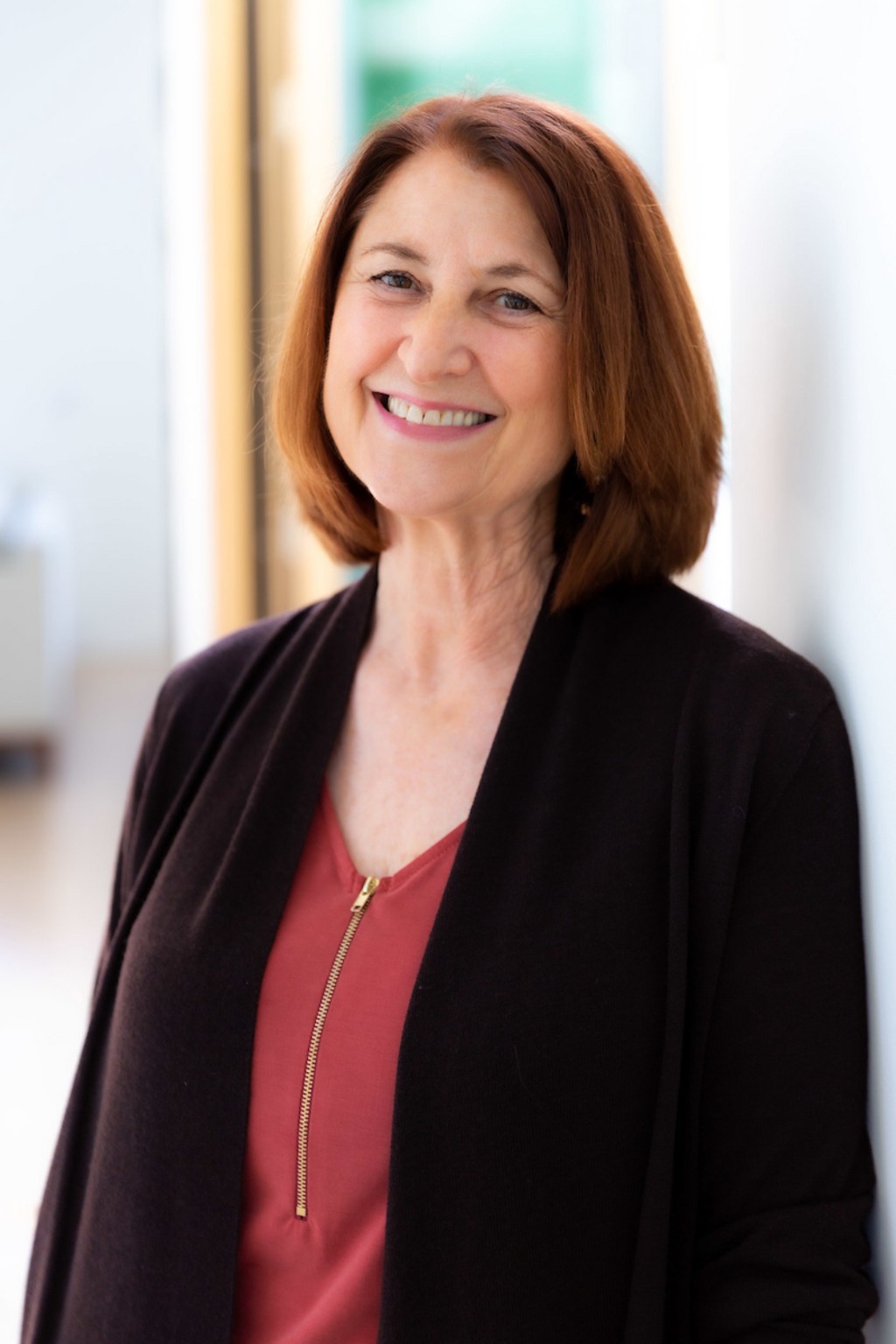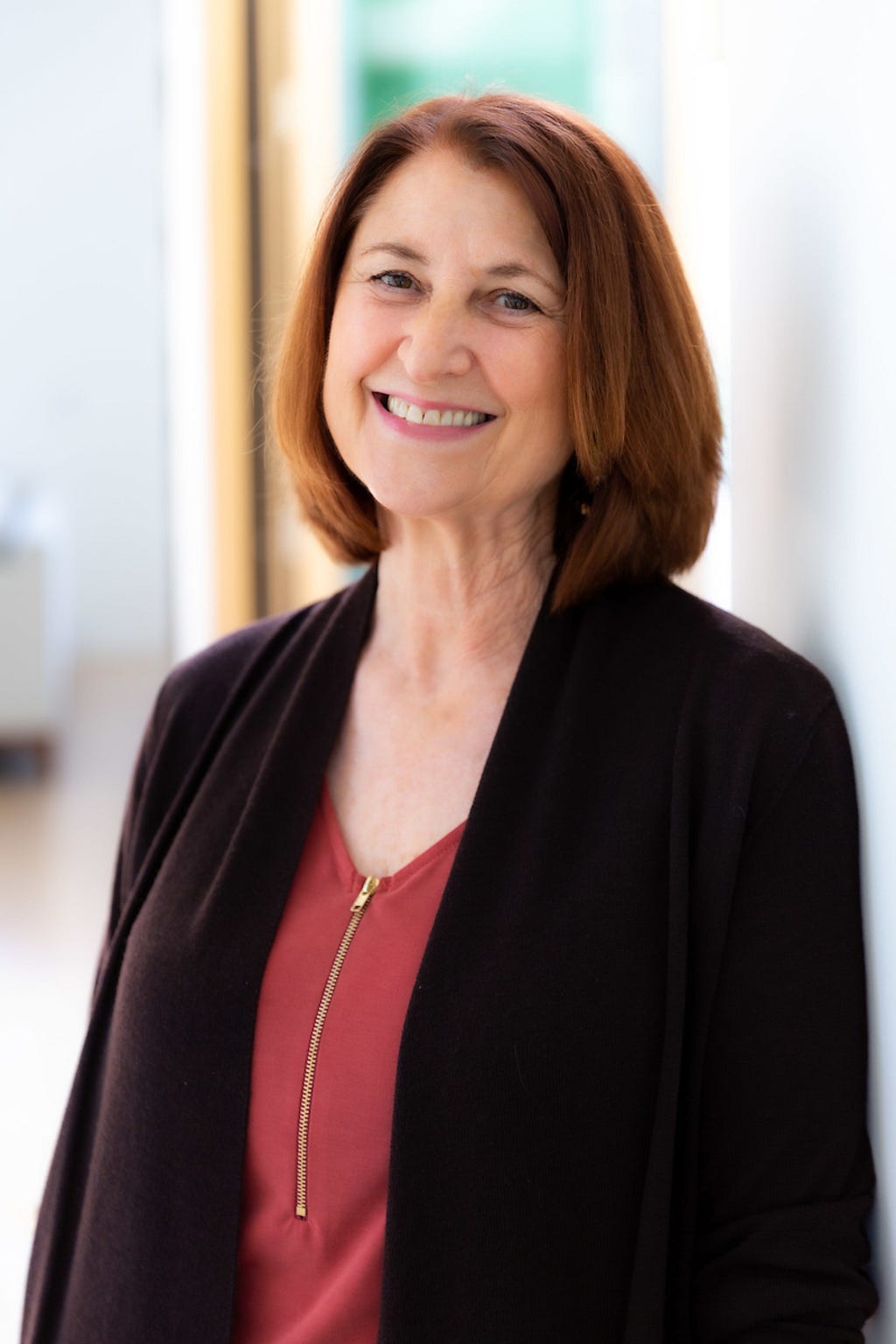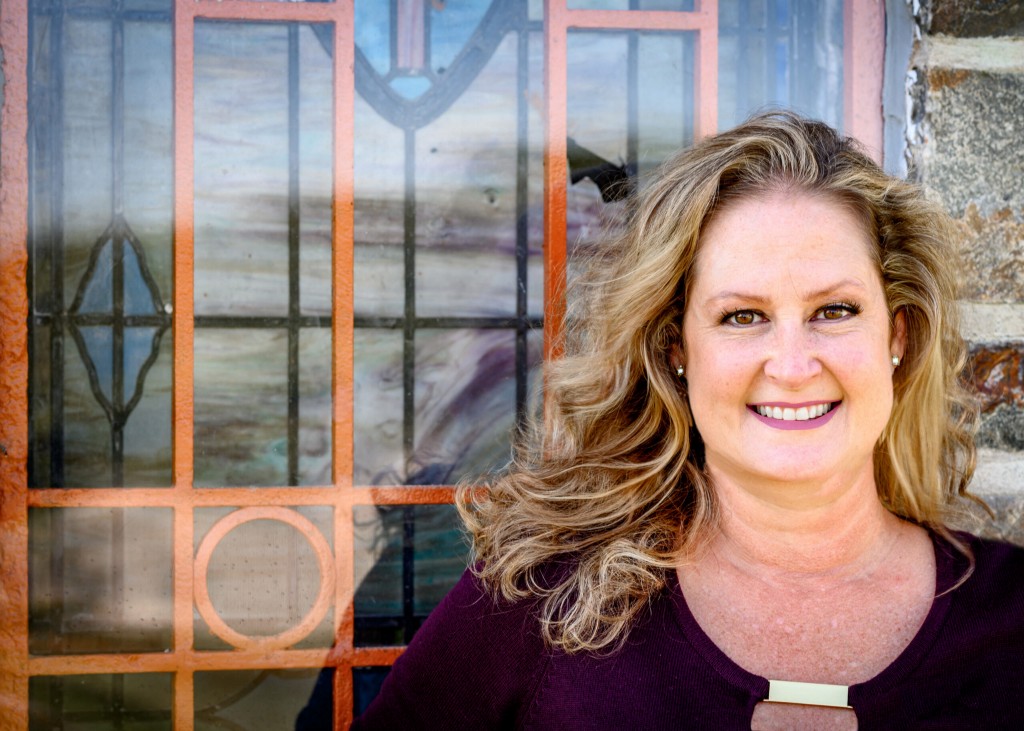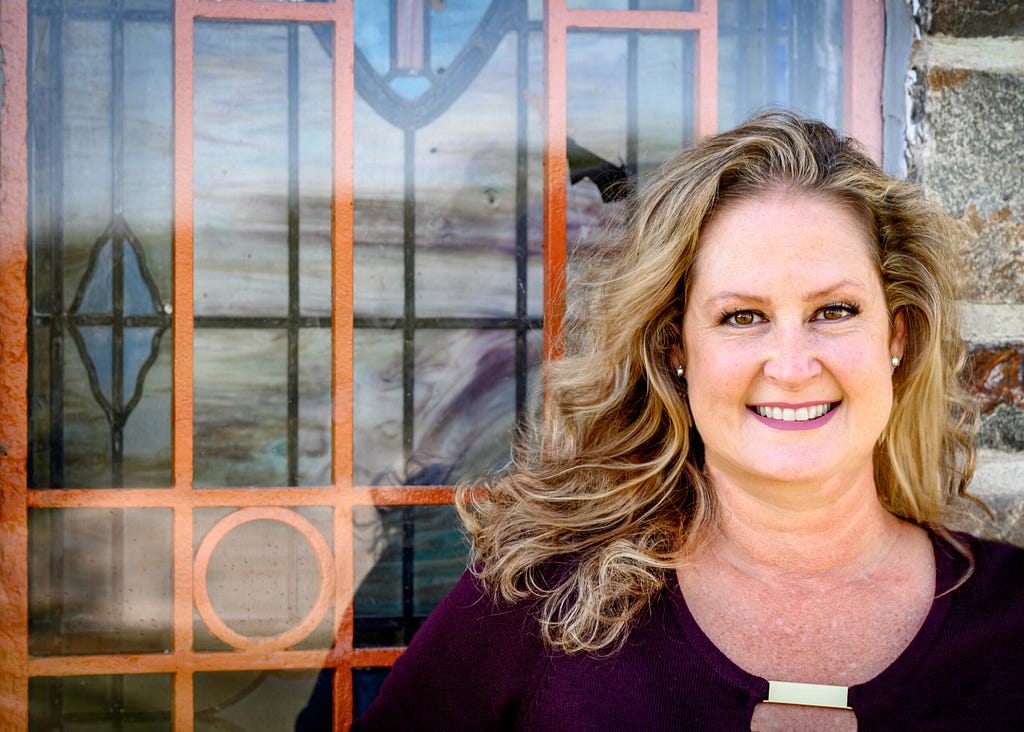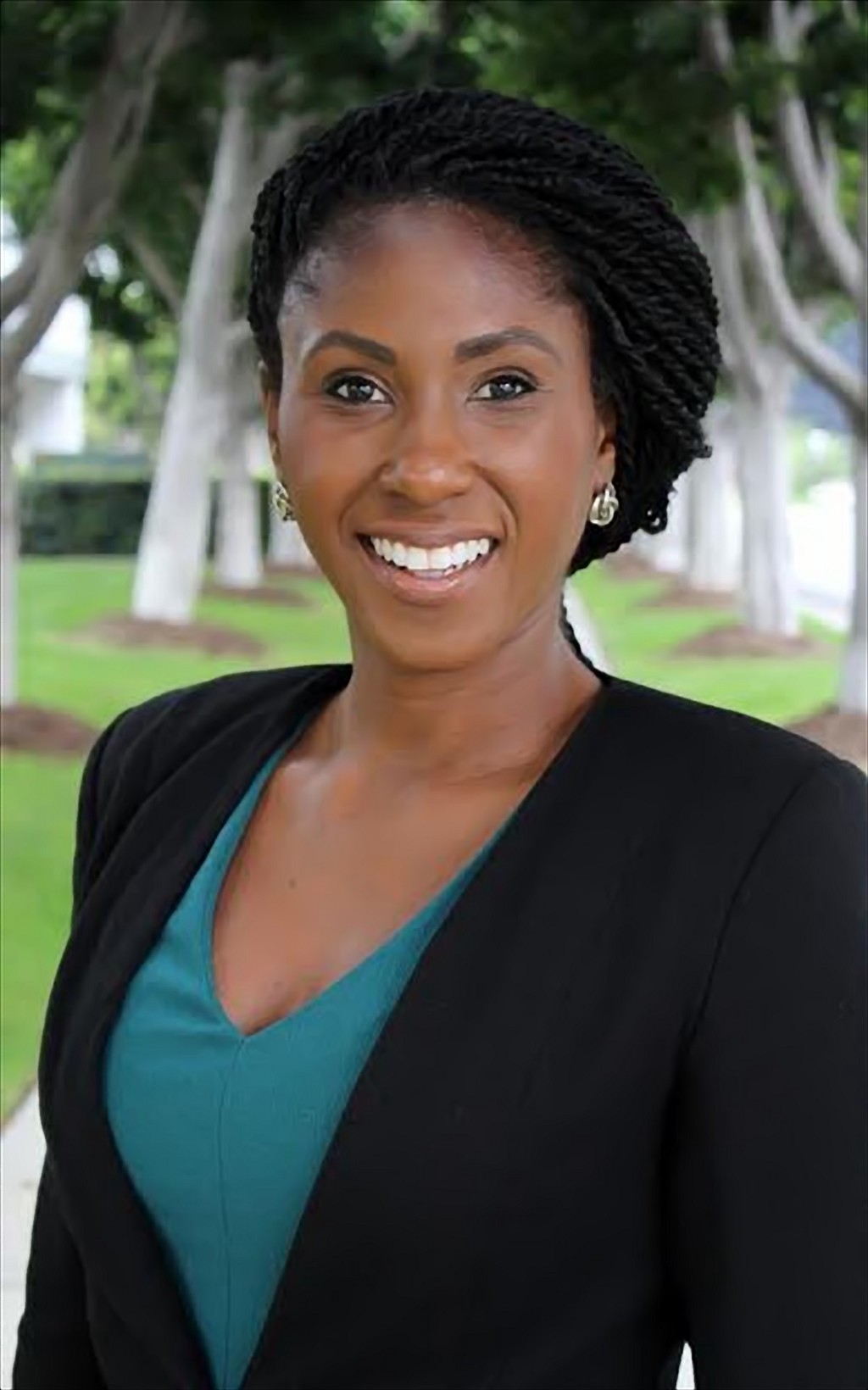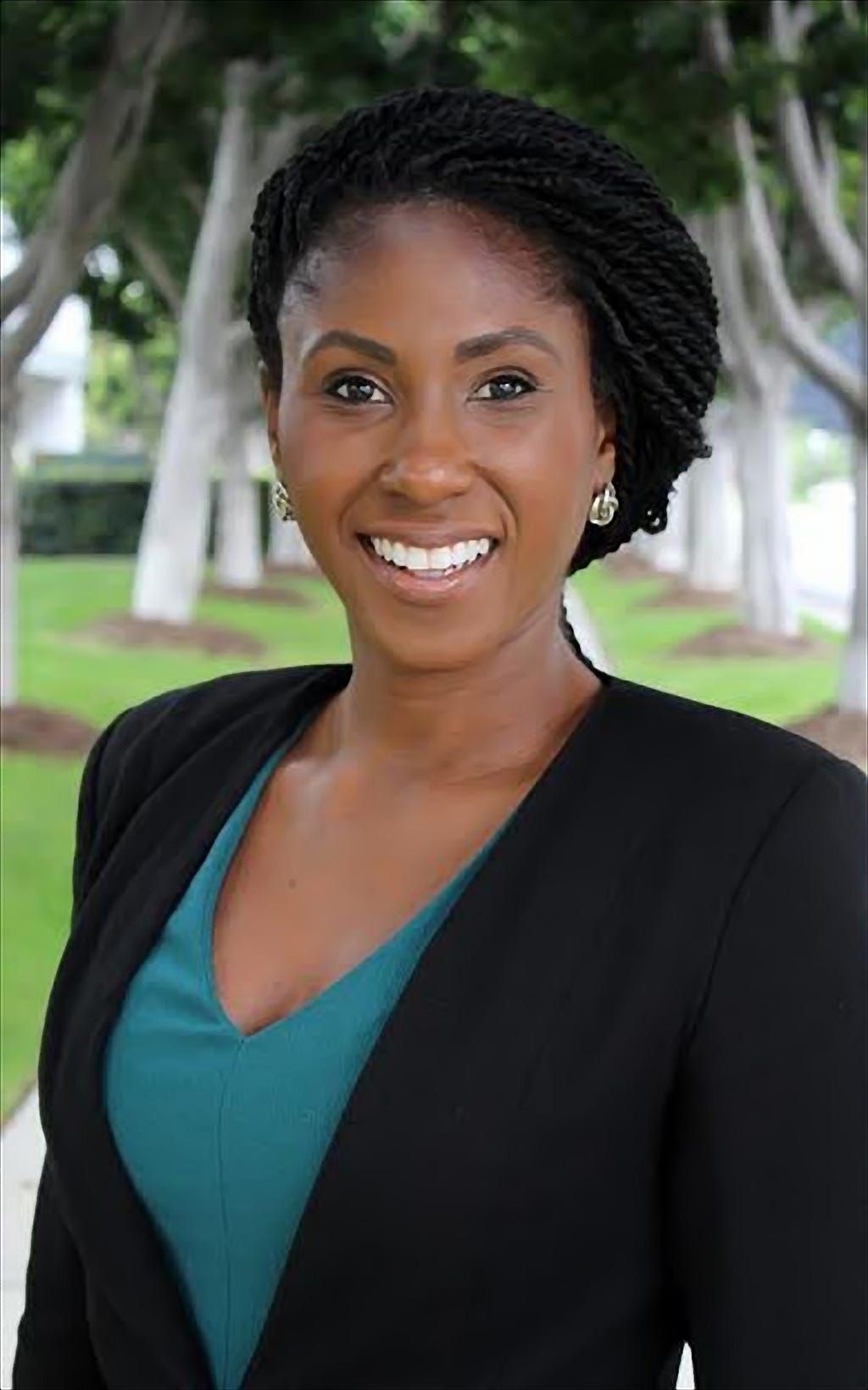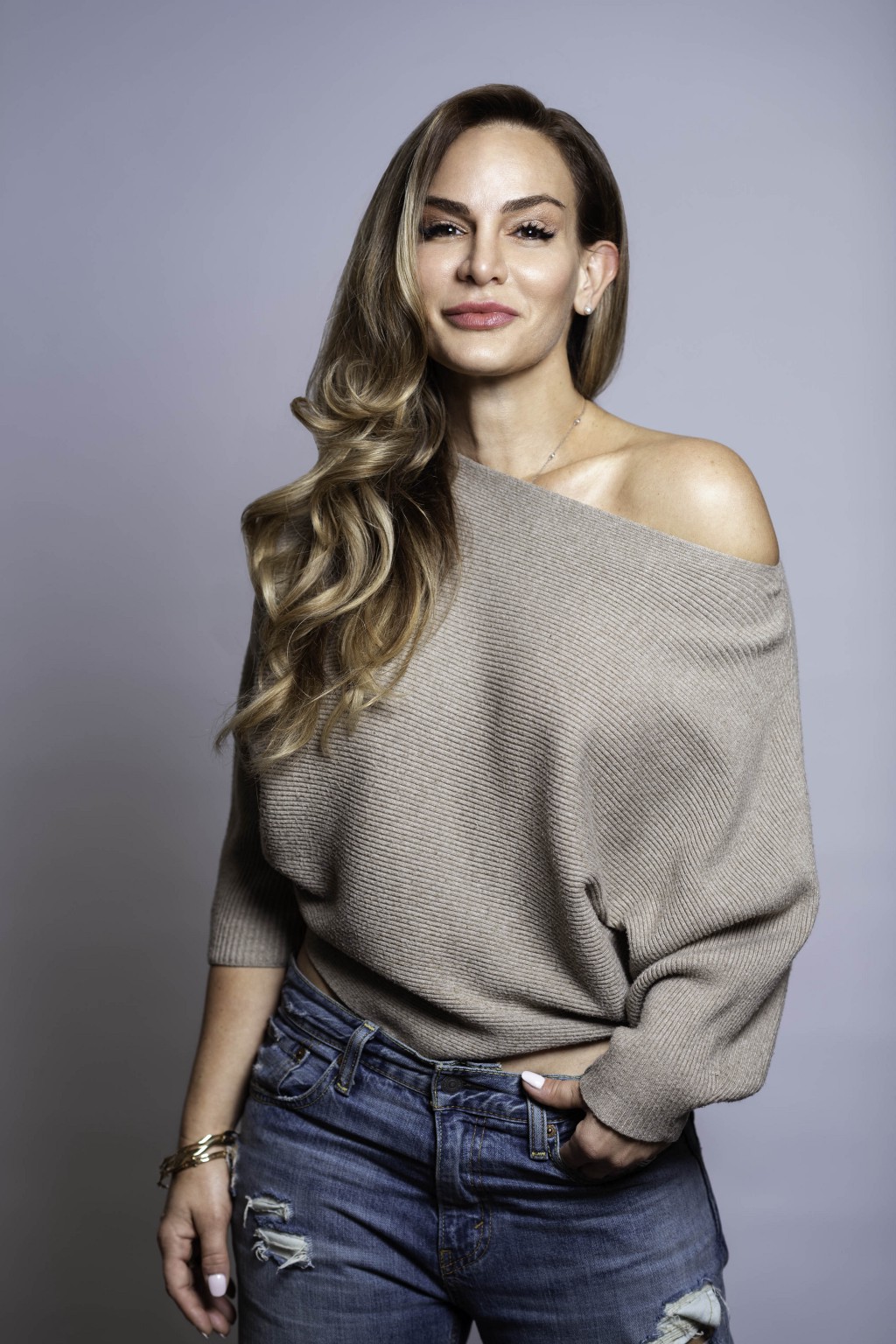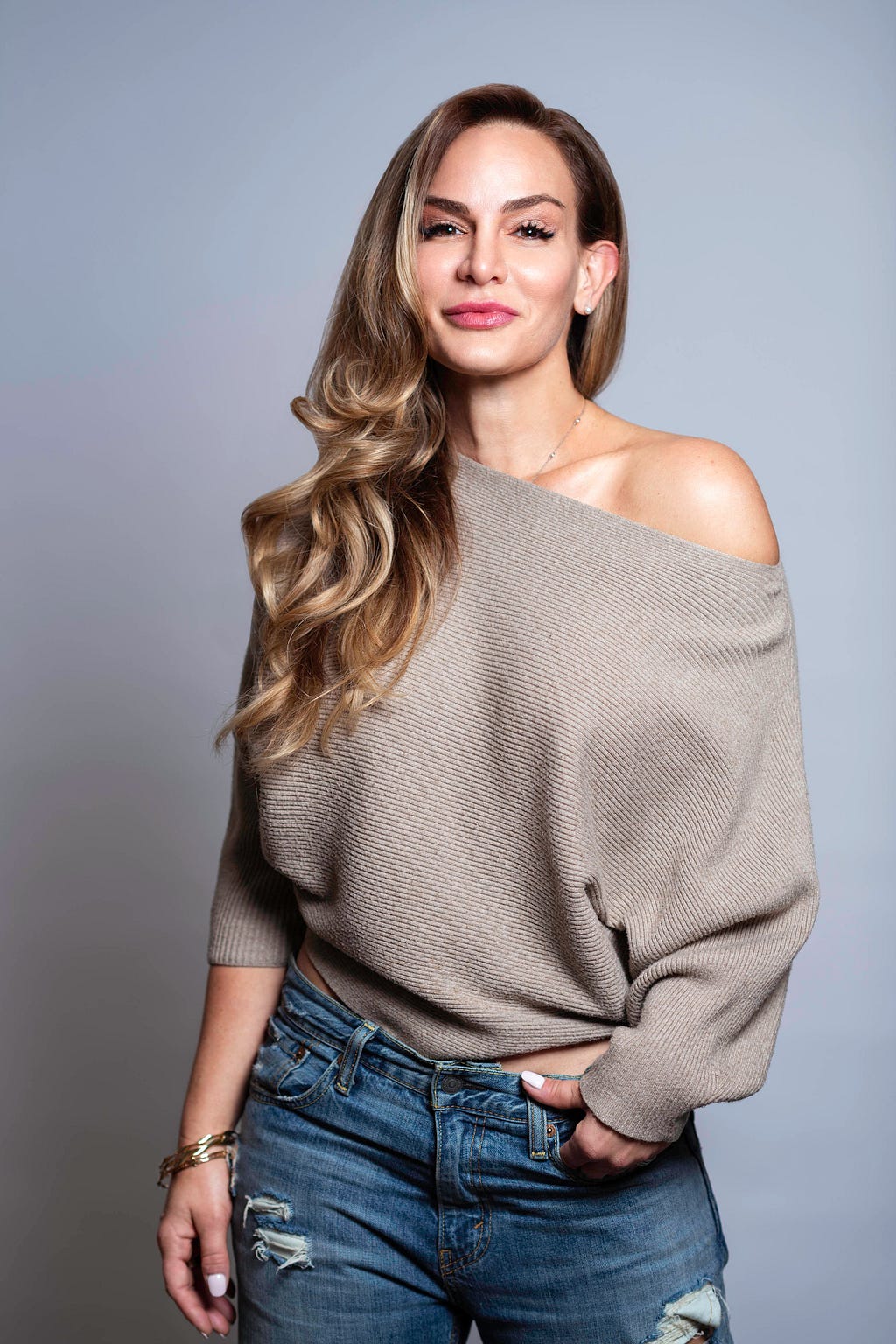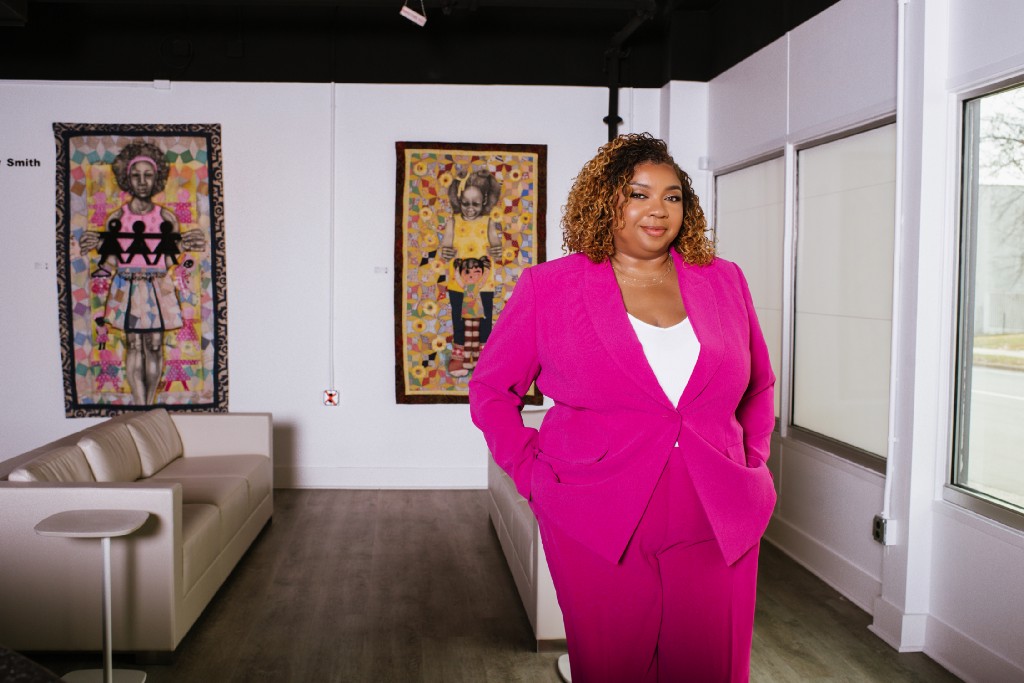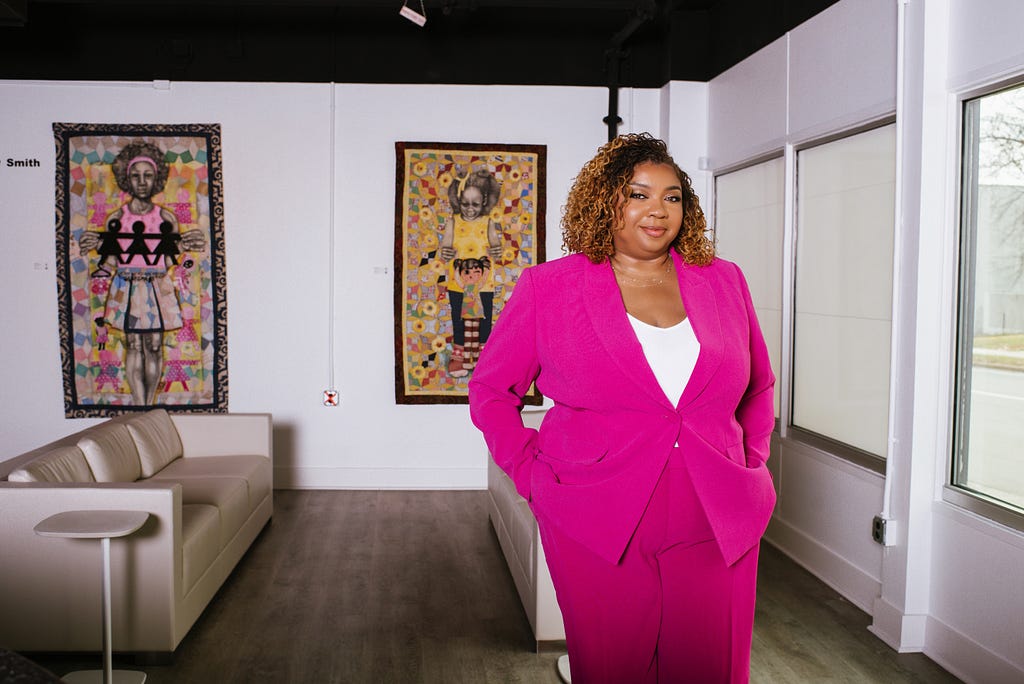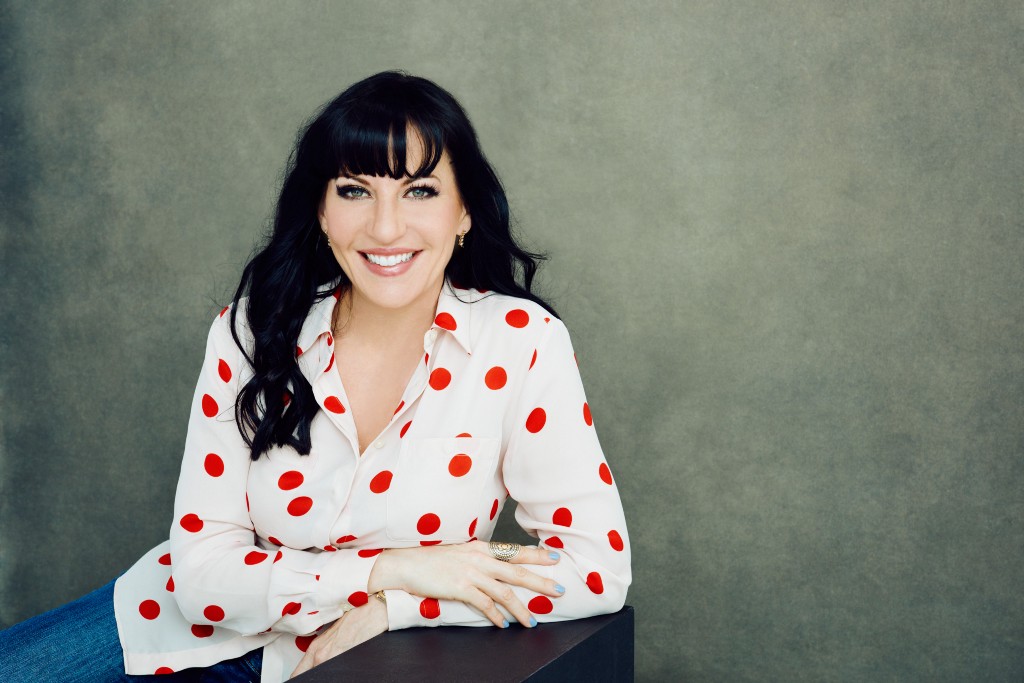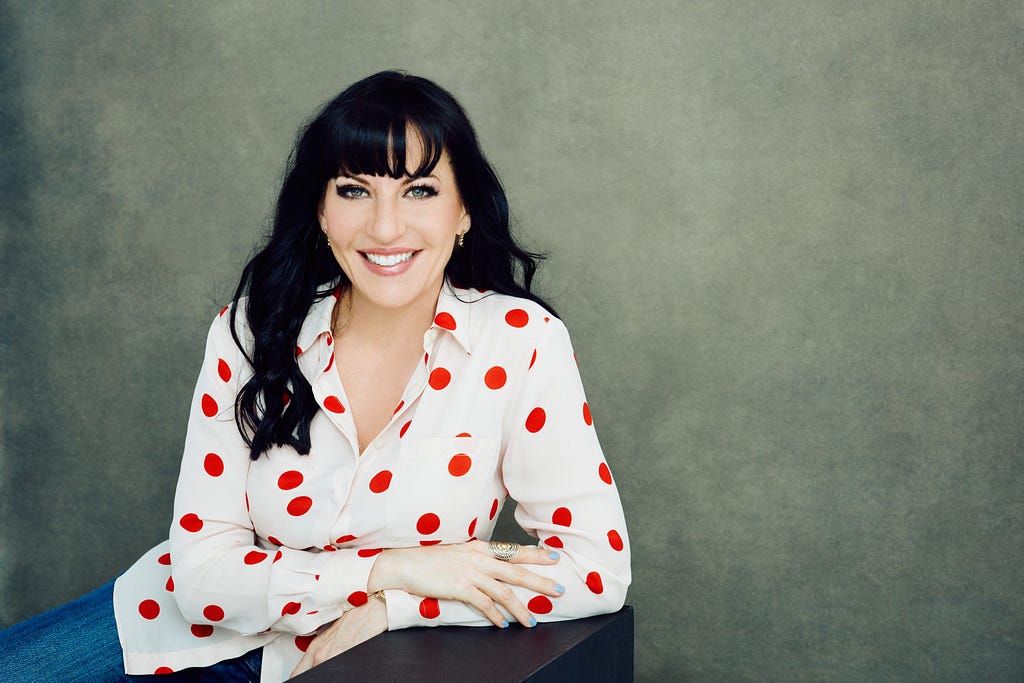Female Founders: Sarah Bolt of Forth On The Five Things You Need To Thrive and Succeed as a Woman Founder
An Interview With Candice Georgiadis
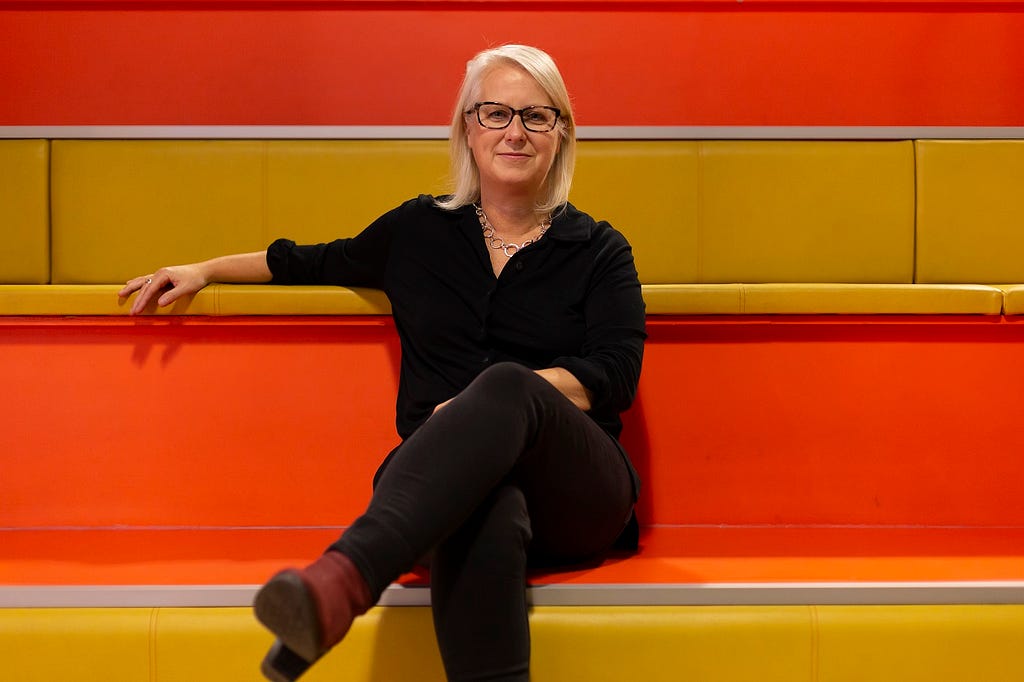
Believe in yourself — Some women can suffer from a lack or self-belief and feel as if they are not qualified to lead a business or deserving of investment. Imposter syndrome and this feeling of inadequacy needs to be crushed as quickly as possible. A person’s inner saboteur can be fatal to growing a business and female entrepreneurs need to believe they are good enough. Afterall, how can you expect investors to back you if you don’t back yourself.
As a part of our series about “Why We Need More Women Founders”, I had the pleasure of interviewing Sarah Bolt , CEO & Co-founder Forth.
After completing a Masters Degree in behaviour change at the University of the West of England which was followed by a period of time working as a strategy planner in the Healthcare sector, Sarah took a leap of faith and founded Forth. In 2020 Sarah won Health & Wellbeing Entrepreneur of the Year for Wales, at the Great British Entrepreneur Awards.
Thank you so much for doing this with us! Before we dig in, our readers would like to get to know you a bit more. Can you tell us a bit about your “backstory”? What led you to this particular career path?
When I turned 40 I was working as a NPD Manager for Dyson, commuting 3 hours a day whilst trying my best to be a good mum to two young boys. Life just wasn’t working and it certainly didn’t feel enjoyable. My career has always been important to me and I didn’t want to give that up, but I asked myself what kind of imprint would all these hours working, leave on society, what would be my legacy? I decided that I wanted to move into a sector that had more purpose, one that could benefit from the 20 years marketing experience that I had spent working on global brands. Healthcare was the sector I set my sights on, so I gave up my job, enrolled on a part-time masters degree in Social Marketing (marketing for social good), whilst at the same time getting some temporary contracts with the NHS, working on behaviour change campaigns. Seven years after making that jump I founded Forth.
Can you share the most interesting story that happened to you since you began leading your company?
Just before the Covid pandemic hit, I kicked off the company’s second investment raise (bad timing I know). I started pitching to investors telling them about this fantastic product that we were developing called Female Hormone Mapping which was going to revolutionize women’s understanding of their hormones and provide much needed certainty to the perimenopause audience. I’d been living perimenopause for the previous 5 years so had first-hand experience of the challenges women face. I presented to one 50+ male investor who agreed that we did have a great opportunity but that the company didn’t have sufficient resources to make it a success but he did, and rather than investing in the business could I license the product to him instead!
Can you share a story about the funniest mistake you made when you were first starting? Can you tell us what lesson you learned from that?
I’m not sure that there really were any funny mistakes in the first couple of years, not because we didn’t make mistakes but at the time they didn’t seem very funny. One lesson I did learn in the early days was never to be too ambitious on how much work you might get done on your family holiday. On the first holiday after we’d started the business, a bottle of water leaked in by bag during the flight and my laptop spent 3 days drying out in the Tuscan sun. On the second holiday my son dropped a can of fizzy drink over my laptop resulting in cleanup operation to get the keys working again and another 3 days drying in the sun. Lesson learnt — remember there are times when you do need to leave the work at home and give some time to your family.
None of us are able to achieve success without some help along the way. Is there a particular person who you are grateful towards who helped get you to where you are? Can you share a story about that?
Totally agree, and as a founder it is definitely detrimental to adopt a silo mentality. I have reached out to mentors throughout my start-up journey, who have filled different support functions at different times. But I would never have been able to embark on this journey without the support of my partner who supported me at two crucial points, firstly to resign from my job and enroll on a Masters Degree, and then to put it all on the line again to start the business. I think founders have higher appetites for risk but at the end of the day we all need someone who is a constant to lift us during those lows.
Ok, thank you for that. Let’s now jump to the primary focus of our interview. According to this EY report, only about 20 percent of funded companies have women founders. This reflects great historical progress, but it also shows that more work still has to be done to empower women to create companies. In your opinion and experience what is currently holding back women from founding companies?
Yes, although progress has been made we are still chasms apart from our male counterparts. In my experience two things are definitely holding women back. Firstly, you can’t escape the fact that the majority of Angel investors are 50+ white males and VC investment committees are mostly made up of men. There is definitely a difference in gender attitudes and approach. Research indicates that male founders are largely asked questions around size of opportunity whilst with female founders the questions are primarily focused on risk. Added to this is the female trait of not ‘bigging up’ their own achievements. Sometimes women can be their own worst enemy by not having enough confidence in their abilities. Times are changing though and I’m seeing more female led investment funds and a growing opportunity to invest in female led business particularly in certain sectors such as Femtech.
Can you help articulate a few things that can be done as individuals, as a society, or by the government, to help overcome those obstacles?
On the one side VCs need to appoint more women to their investment committees so there is more of a balanced view of the companies they chose to invest in and the questions they ask. On the other side as a society we need to see more female role models held up in the media and in business circles. This will start to normalize female entrepreneurship, so it is perceived as an option for any woman rather than a selected few. I believe we all have a role to play in giving girls and women the confidence to believe in themselves and that anything is possible.
This might be intuitive to you as a woman founder but I think it will be helpful to spell this out. Can you share a few reasons why more women should become founders?
Well let’s start with the obvious, women are great multi-taskers and you’ll certainly need that in the first stage of any business. Also women tend to start a business in areas that they feel passionate about which make them not only dedicated to making the business a success but also making sure that they don’t cut corners. Finally, and I know I am generalising here, but I believe women tend to concentrate more on the ‘Make it’ rather than the ‘Fake it’.
What are the “myths” that you would like to dispel about being a founder? Can you explain what you mean?
I think the word entrepreneur is associated with a certain glamour but the reality is far different. It’s hard and you will spend more hours working than you ever had before. You’ll also need to be prepared to turn your hand to literally anything from negotiating investment raises one day to taking out the bins the next.
Is everyone cut out to be a founder? In your opinion, which specific traits increase the likelihood that a person will be a successful founder and what type of person should perhaps seek a “regular job” as an employee? Can you explain what you mean?
I think the greatest trait you need as a founder is resilience. You are going to experience some fantastic highs but these will be combined with some awful lows. You need to brush yourself down, put a plan in place and forge ahead. And you will need to do this time and time again. Is everyone cut out for this? Probably not, but more women could be if they had greater confidence in themselves.
Ok super. Here is the main question of our interview. Based on your opinion and experience, what are the “Five Things You Need To Thrive and Succeed as a Woman Founder?”
- Resilience — I mentioned this earlier but you can’t underestimate how important it is for an woman founder to possess strong resilience which gives them the ability to bounce back time and time again. You’ll need this not only to face the often brutal investment journey but also you can be sure that alongside your business successes will sit a number of business failures.
- Get a mentor — I’ve found advice from others who have trodden the start-up pathway and have come successfully out the other side invaluable. You learn so much in the first 5 years and having that kind of insight in the early stages helps to spring board your journey and avoid mistakes. I think it is also healthy to change your mentor or have a couple at the same time so you can hear different viewpoints. However, it is always worth remembering that whilst listening to advice is always important, you are the expert in your business, so while you can be steered by advice from others, don’t let it drown out your own opinion.
- Believe in yourself — Some women can suffer from a lack or self-belief and feel as if they are not qualified to lead a business or deserving of investment. Imposter syndrome and this feeling of inadequacy needs to be crushed as quickly as possible. A person’s inner saboteur can be fatal to growing a business and female entrepreneurs need to believe they are good enough. Afterall, how can you expect investors to back you if you don’t back yourself.
- Never stop learning — As a successful entrepreneur you must know your business and your market inside and out. It’s crucially important for tech business and anyone evolved in new evolving markets, like healthtech, to keep forging ahead, to not only keep abreast of new innovations but to be at the forefront of leading new innovations. You stand still at your peril.
- Don’t stop talking to investors — Raising money can be a long and exhausting experience which will divert your time away from the business. Founders are often relieved when they complete an investment round and put it to the back of their mind until the next time. This is a mistake. Investment raising always takes twice as long as you think so you must start having those conversations as soon as possible. I’ve learnt that it’s better to have on-going conversations/check-ins with potential investors, keeping them appraised of how the business is doing so when you come to raise they are already warm to the businesses potential.
How have you used your success to make the world a better place?
Our mission is to turn people into citizen scientists by giving them the knowledge and information they need to navigate their way to better health. At the beginning to achieve this we started by giving people easy and quick access to biological testing of their body’s key biomarkers for good health with results displayed on an intuitive dashboard which supports people in how to improve.
I wanted to empower people to learn more about their own unique bodies and in doing so encourage them to adopt better behaviors and take greater responsibility for remaining healthy. I believe companies like Forth are changing the face of modern healthcare by giving people greater ownership of their own health.
Today our goal is to put a greater focus on trying to help close gender health inequalities. Our first project has been to give woman better insight into female hormones, particularly for women who are going through the perimenopause.
I am proud to say that the Female Hormone Mapping product is launched. It is a ground-breaking product which combines AI with blood analysis to predict how a woman’s hormones fluctuate throughout their entire cycle, unique to them rather than on a single day which is current clinical practice. It’s a game-changer for woman particularly those who want the certainty of entering the perimenopause, a time of life, where woman are unfortunately lacking sufficient support.
You are a person of great influence. If you could inspire a movement that would bring the most amount of good for the greatest number of people, what would that be? You never know what your idea can trigger.
Closing the gender data gap within healthcare is a key area where I would like to see big improvements made. To date a large amount of modern healthcare/pharmaceutical is based on evaluation/trials in men, with the assumption that women bodies will present/react in the same way. We now know that there are huge differences, for example in how women present with a heart attack which means that women are more likely to die than men because doctors don’t recognise the symptoms. More women only clinical trials could make a huge difference in the healthcare for women. And as women make up halve the population that a pretty big number who would benefit.
We are very blessed that some very prominent names in Business, VC funding, Sports, and Entertainment read this column. Is there a person in the world, or in the US with whom you would love to have a private breakfast or lunch with, and why? He or she might just see this if we tag them.
I get inspired by different people at different times. At the moment this person would be Professor Sarah Gilbert the woman behind the Oxford vaccine who despite her own best commercial interests insisted that it was distributed on a not-for-profit basis until Covid-19 loses its pandemic status. Remaining true to her strong moral compass of making a positive social impact rather than personal gain, is one I hope to hold onto and is a key reason why I started Forth.
Thank you for these fantastic insights. We greatly appreciate the time you spent on this.
Female Founders: Sarah Bolt of Forth On The Five Things You Need To Thrive and Succeed as a Woman… was originally published in Authority Magazine on Medium, where people are continuing the conversation by highlighting and responding to this story.

